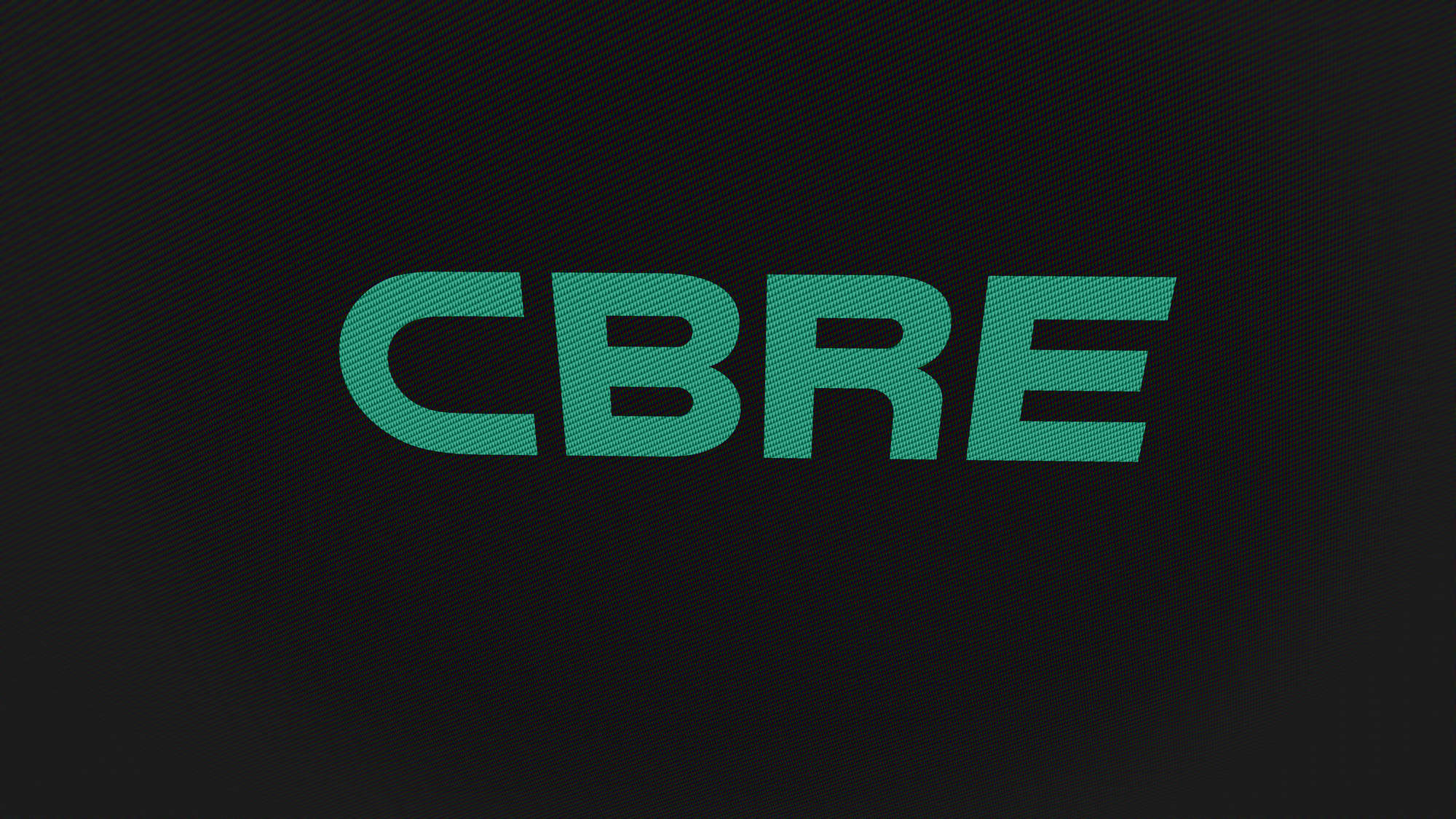When you think about the products you use regularly, you may not consider how they came to be. The coffee maker you use to start your day or the weather app you use to figure out which coat to wear exists in large part because of a product manager.
A product manager manages products, of course. But exactly what is a product manager, and what does a product manager do? And how do they do it?
This guide will answer all those questions and more!
What Do Product Managers Do?
A product manager is often called the CEO of the product, though it might be more accurate to say they’re responsible for herding cats! Product managers create the overall strategy and vision for the product and shepherd that vision from inception to execution. No matter how large or small the issue, the product manager makes sure it’s addressed.

Product Management
Step into the shoes of a product manager in this free course from Electronic Arts. You'll learn how key product indicators (KPIs) guide decision making and learn how to create a data-driven presentation.
Avg. Time: 1-2 hours
Skills you’ll build: Project planning, performance metrics, problem solving, critical thinking
To pull this off, product managers must consider everyone’s perspective. They have to balance business needs with users’ desires while coordinating across several teams throughout the product’s lifecycle.
How Much Does a Product Manager Make?
According to Glassdoor, the average product manager salary is anywhere from $121,000 to $205,000. Of course, that’s for product managers with different experience levels. Here are the total product manager salary estimates broken down by years of experience:
| Years of Experience | Estimated Total Pay Range |
|---|---|
| 0-1 | $91,000 – $155,000 |
| 1-3 | $94,000 – $156,000 |
| 4-6 | $102,000 – $166,000 |
| 7-9 | $109,000 – $177,000 |
| 10-14 | $123,000 – $199,000 |
| 15 or more | $137,000 – $220,000 |
Defining the Product Manager Role
So, what is the role of a product manager beyond managing products? It starts with the big picture: setting the vision and strategy of the product. But it’s also managing the little things like:
- Coordinating communications among team members working on the project and disseminating updates to outside stakeholders
- Setting milestones and due dates for the project deliverables and prioritizing what happens when
- Conducting market research with users to better understand what they want or need from the product
- Supporting and encouraging the team, as well as ensuring they have the resources they need to get the job done
What Does a Project Manager Do All Day?
Many product managers say that there is no such thing as a “typical” day in product management. Though the general duties and responsibilities are the same wherever you work, the specifics vary by industry, company, and the product you’re managing.
Jacob Brown, associate product manager at Atlassian, says his day varies depending on what needs to be accomplished. Here’s one example:
“Recently, a typical day in my role consists of lots of planning for the upcoming quarters. The team is wrapping up several large projects, so we are planning and preparing to launch our next several projects. This involves coordinating and communicating with all the involved teams and stakeholders, while also finding time to build out the documentation for said projects based on analyses of our past projects and customer behaviors.”
What Industries Do Product Managers Work In?
Product managers can find work in any field that makes products. That can include tangible products (like sweaters and cars) and intangibles (like apps or software).
Within a broad sector (like tech), product managers put their skills to work in different ways. For example a product manager in tech could range from managing smart home products to overseeing the lifecycle of a software product.
What Kinds of Jobs Can a Product Manager Have?
Generally speaking, product manager jobs are in a narrow band of product management. Most people start as an associate product manager, then move up to product manager. From there you can become a senior product manager and then head of product.
Although the job titles are narrow, the job opportunities are not. As noted above, product managers work in a variety of fields and are responsible for a vast array of products. And since many product manager skills are transferable, you can take them wherever your career takes you.
>>MORE: What Are Transferable Skills? Definition and Examples
Product Manager vs. Project Manager
If you’re considering becoming a product manager, it’s critical you understand the difference between a product manager and a project manager.
>>MORE: Product Manager vs. Project Manager: What’s the Difference?
Though these two jobs use many of the same skills, they are not the same job. A product is not the same as a project, even though the concepts overlap (like delivering a complete product). An example would be that a project manager oversees a solar panel installation project from start to finish, while a product manager oversees the creation and development of the solar panels.
Product Manager vs. Technical Product Manager
As noted above, product managers can work at tech companies managing their products, whether that’s a physical product or an app. However, being a product manager in tech is not the same as being a technical product manager.
A product manager is a generalist. They may act as product manager for anything from teapots to features on a social media site. So, a product manager in tech may be the product manager at an IoT company and be responsible for managing the smart home gadgets the company produces.
A technical product manager can work for the same IoT company on the same gadgets but is strictly responsible for managing the technical aspects of the product. For example, the technical product manager may handle how your thermostat communicates with the power company. The product manager, though, would be responsible for managing how the thermostat looks and is operated by the owner.
Product Manager vs. Product Designer
Another critical distinction is product manager vs. product designer.
A product manager oversees a product throughout its lifecycle. That’s taking the initial idea for a product, roadmapping and overseeing its development, marketing and releasing the product, then updating it as necessary.
A product designer, though, focuses on creating the end product. It’s up to them to ensure the product is functional, meets user needs, and supports the company’s business goals.

Strategic Experience and Design
Explore user experience and design in this free course from BCGX. You'll practice ways to learn more about your client, develop user personas, wireframe your concept, and more.
Avg. Time: 3-4 hours
Skills you’ll build: Design management, ethnographic research, ideation, concept development, visual design
While the end goal of both roles is the same — bring a useful product to market — how each role supports this goal is different. For example, the product designer creates the product but generally has nothing to do with conducting quality assurance (QA) testing. The product manager often oversees that function, letting the QA team know when the product is ready for testing, then bringing the results to the product designer to make improvements if necessary.
>>Learn more about what a product designer does.
How to Become a Product Manager
While you don’t necessarily need a specific bachelor’s degree or certifications to become a product manager, they can be helpful. The Association of International Product Marketing and Management offers several product manager certifications, as do a few other credentialing bodies.
However, there is no one “right” way to become a product manager. “People get into product management from many different ways and backgrounds,” says Brown. “Most of the product managers I have worked with did not start their careers working in product. Many of them started in another role such as engineering, data science, or marketing, and made the transition when it felt more natural in their careers.”
And because there’s no specific way to become a product manager, Brown says that one of the best ways to embark on this career path is to get some real-world experience first. “My number one piece of advice is to look for opportunities to gain some experience! Whether that be through an internship, a school organization, or even building your own product, there is so much for you to learn that is best done through hands-on experience.”

What’s your advice for aspiring product managers?
“Look for opportunities to gain some experience! Whether through an internship, school organization, or building your own product, there is so much to learn through hands-on experience.” — Jacob Brown, Associate Product Manager at Atlassian
Product Manager Skills
It’s not uncommon for product managers to oversee more than one product at a time, so you might think juggling is the number one skill you should possess. And you’re not too far off! Ultimately, a successful product manager develops and maintains a diverse skill set to help them keep track of and manage all the products they are responsible for.
Because the product manager is responsible for ensuring each team member meets their deadlines and milestones, excellent time management skills and attention to detail are crucial. But, because no two days are alike and you never know what will happen, flexibility and adaptability are equally vital.
“I’ve come to find that adaptability is an incredibly important trait to have,” says Brown. “Being able to adapt to sudden changes and continue to make progress in new situations is crucial for guiding your team to success. I have had to pivot directions and explore new approaches for several projects due to unforeseen circumstances.”
Successful product managers also need strong communication, collaboration, and conflict resolution skills. A large part of the job is talking to customers and coordinating with team members. However, you may not always have the authority you want or need, so you’ll need the ability to persuade people and deliver bad news gently.

Client Services
Master the art of client interactions in this free course from Bloomberg. You'll build practical skills like multi-tasking, triaging, conflict resolution, and so much more.
Avg. Time: 3-4 hours.
Skills you’ll build: Prioritization, root cause analysis, time management, customer experience, customer retention
In addition to soft skills, Brown also notes that hard skills can play a role in a product manager’s success. While you won’t necessarily need a specific hard skill to be a product manager, possessing experience and expertise in an area is helpful.
“I’ve had the chance to meet and work with many successful product managers and each of them had a certain set of skills that allowed them to succeed,” Brown says. “Some of these skills, including software development, advanced knowledge of marketing, and digital design, were unique and more specific to their team’s needs, but many of these were shared between all of them.”
Manage Your Career
Just like a product needs managing, so does your career. You have to figure out what you want to do, create a career plan, then execute!
If you’re sure a product manager career is right for you, get interview-ready by prepping for 10 common interview questions for product managers. But if you’re still searching, take our free career quiz and get the answers you’re looking for.
Frequently Asked Questions
A product manager is responsible for setting and executing the planned life cycle for a product. That’s everything from ensuring the product is designed on time, squashing bugs, and marketing the product, and responding to user feedback.
To be a product manager you need stellar time management, collaboration, and communication skills. It’s also helpful to have experience in the product you’re managing (say, coding experience if you’re managing a software product), but it’s not required.
The role of a product manager is essentially being CEO of the product. It’s your job to manage everything related to that product.
A product manager in tech is someone who oversees the lifecycle of the product the company produces. That can be an SaaS product or a physical product (like a smart watch).
Image credit: Canva

